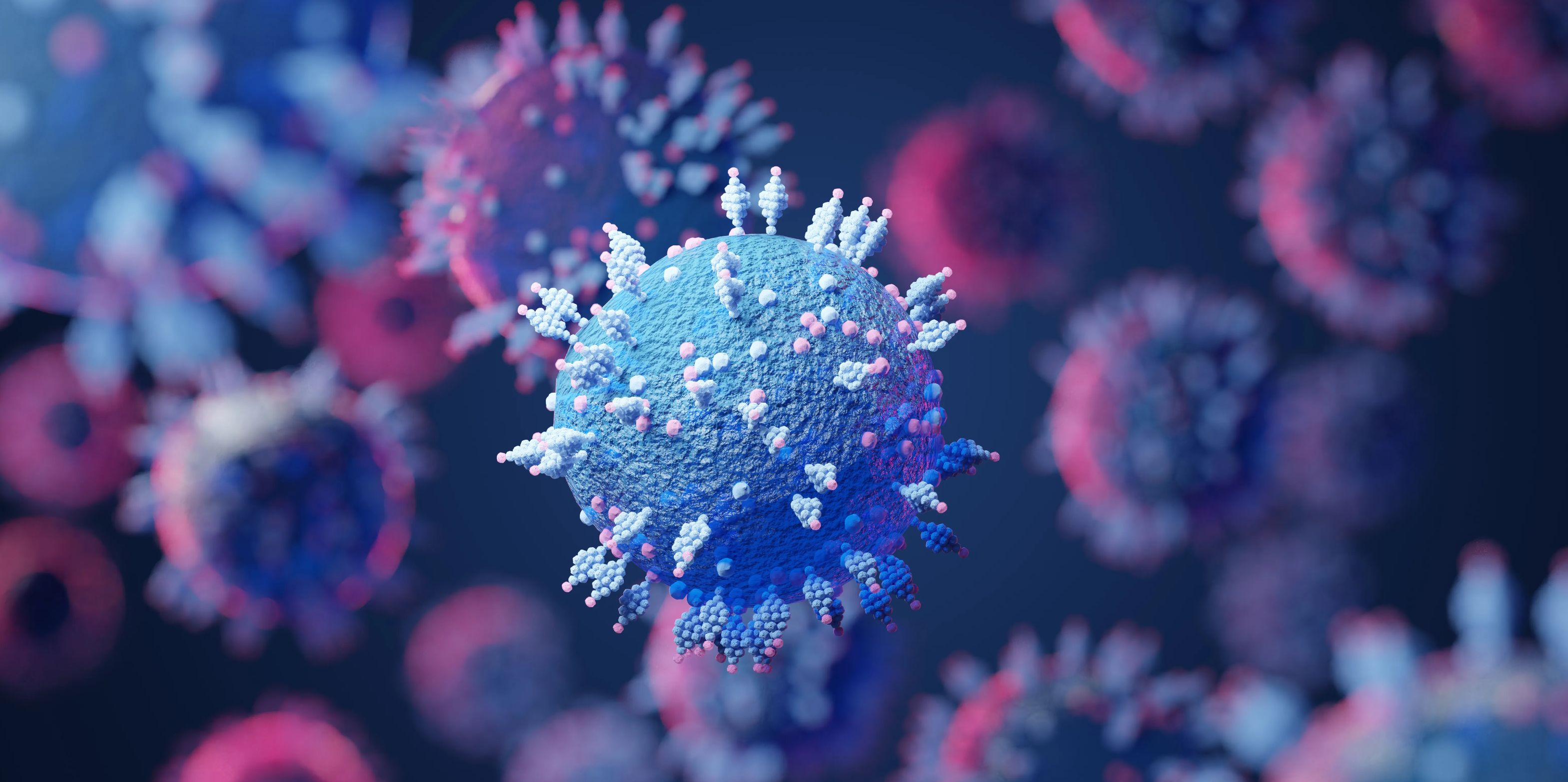
There is no end in sight to the ongoing coronavirus pandemic, as new, more dangerous variants like the Delta variant continue to emerge.
Several highly effective vaccines have been developed, however, which has changed the course of the pandemic, potentially saving millions of lives.
Though even fully vaccinated people can get sick with COVID-19 — because Delta and other new variants can evade antibodies — they are still thought to be protected from hospitalization and death.
But for how long? New research sheds some light on this and other questions.
Vaccine Effectiveness
Recent studies suggest that Pfizer and Moderna’s COVID-19 vaccines are not as effective against the Delta variant as they were against Alpha.
According to WebMD, a Mayo Clinic study — which hasn’t been peer-reviewed yet — found that Pfizer’s vaccine is 76 percent effective against the Alpha variant, while Moderna’s vaccine is 86 percent effective.
Against the Delta variant, Pfizer’s effectiveness fell to 42 percent and Moderna’s to 76 percent, though both vaccines still offer strong protection against hospitalization and severe complications.
So, what does this mean?
Immune System Vs. Delta Variant

According to Alessandro Sette, a doctor of biological science, it is "very plausible" that how different parts of the immune system respond to an infection might explain why protection against COVID-19 wanes over time.
"The immune system really works in concert against invaders," he said, noting that there are two types of T cells: helper T cells and killer T cells.
"T cells in particular have the capacity, not so much to prevent the infection, but to modulate or terminate the infection," he continued.
Antibodies can lose some ability to neutralize a new variant, but research shows that "the T cell response remains unaffected," according to Sette, which explains why vaccines still protect against death and hospitalization but not infection.
Other Experts Agree
Other experts agree with Sette.
Shane Crotty of the La Jolla Institute for Immunology said that both T and B cells replicate quickly, but so does COVID-19, which is why the immune system can fight off the Delta variant to the point of preventing severe disease, but not all symptoms.
"If the virus is 2-3 days faster (4 days), that is a much harder ask of the T cells and B cells to stop the virus fast enough to prevent symptoms (and transmission). That means it is a variant with more burden on the neutralizing antibodies to stop up front," he explained.
How Long Do Antibodies Last?
It is not yet clear how long coronavirus antibodies last, but the immune system is always evolving, according to Dr. Dan Kaul, professor of infectious disease at the University of Michigan.
"The immune system is sort of plastic in the sense that it continues to ‘stay in the classroom,’" Kaul told CNBC, stressing that vaccines are effective in preventing severe disease.
Still, booster shots may be necessary. Dr. Anthony Fauci, the director of the National Institute of Allergy and Infectious Diseases, said last month that cancer patients and other risk groups might have to get a third shot of the vaccine soon.











